Roosters crow and hens lay eggs are laws in nature. However, these laws can also change under the influence of certain factors. There is a saying in rural areas that if a hen imitates a rooster when it crows, it should be killed. Why is this? What is the meaning of a hen's crow?
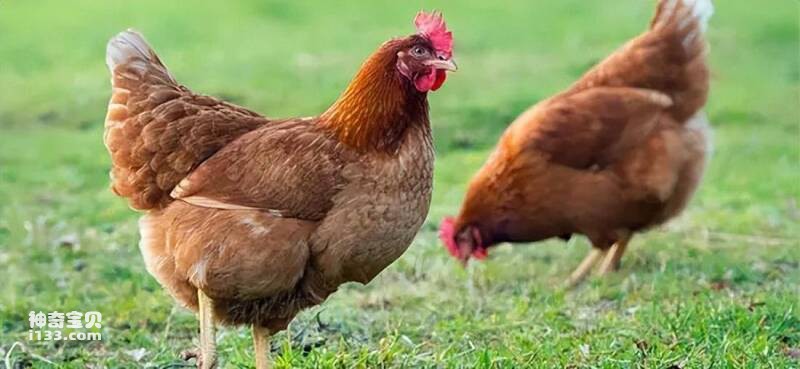
1. The principle of rooster crowing
In fact, the crowing of a rooster is not just a simple morning call. The crowing also symbolizes the status of a rooster. In the early morning in the countryside, when you wake up early, you will definitely be attracted by the crowing of roosters. These roosters are majestic and proud when they stand on a high place and crow. So, do you know the principle of roosters crowing?
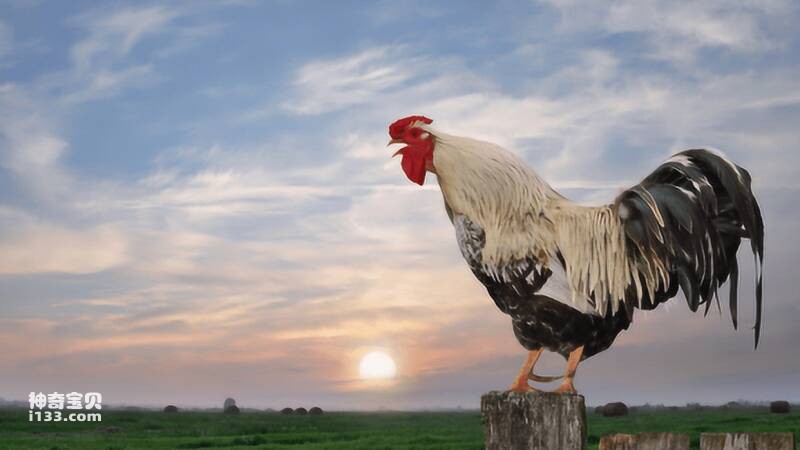
There is a "pineal gland" in the rooster's brain that can secrete melatonin. When the first ray of sunlight in the morning shines into the rooster's eyes, the secretion of melatonin will be inhibited. At this time, the androgens in the rooster's body begin to secrete in large quantities. , they will crow involuntarily. So roosters can set up a natural alarm clock in the early morning. The fundamental reason must be that they often cannot control themselves.
In addition to the morning crow, we can also hear the rooster crow at other times, but what does that mean?
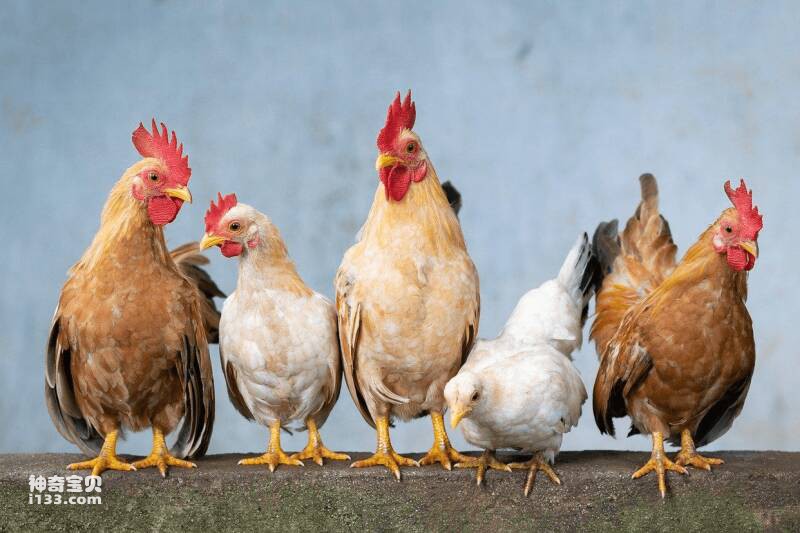
Chickens are group animals, and roosters are very aggressive. Roosters will fight each other to compete for mates. The winner will crow to show his identity. At the same time, he will also crow to attract the attention of the hen. Sometimes he will also crow. To warn other roosters not to set foot on their territory.
The crowing sound is an expression of the rooster's strength. The strength of the crowing sound determines the status of the rooster in the group. Roosters with high status not only get priority in food and mates, but also have the priority to crow which best demonstrates their status. .
When roosters crow, they will crow in order of status. The rooster that can take the lead in crowing must have the highest status in the flock. From this point of view, the crow of the rooster does have a very important meaning, but why does the hen crow?
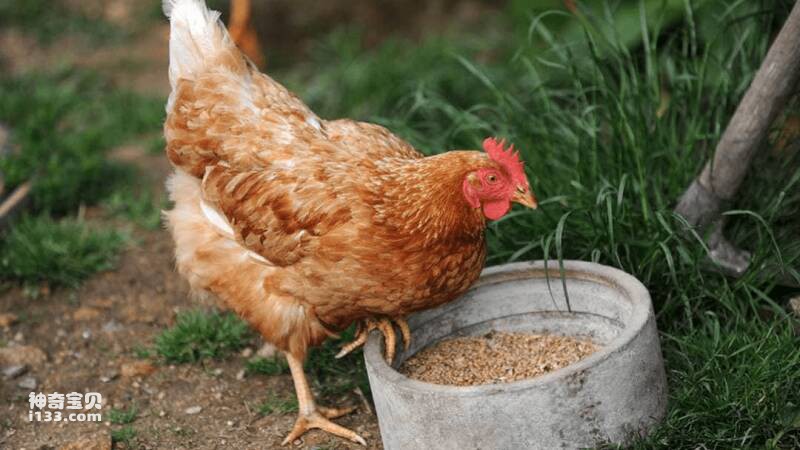
2. Reasons why hens crow
There are high and low levels of chickens, and a rooster that can crow must be the leader of the team. The hen crows most likely because there are no more roosters in the population where it exists. At this time, the hen will start to crow in order to establish its status in the hen group.
In the absence of a rooster, other hens will default to it as the leader. From then on, it has the same food priority rights as the leader rooster.
As time goes by, the change in habits will gradually evolve into a real change in physiology. Eventually, the hen will completely regard itself as a rooster, repeating the rooster's duties and crowing every day.
However, the crowing of hens goes against people's cognition. In people's eyes, when something abnormal happens, there must be a demon. Due to people's limited cognition and reliance on feudal superstition in ancient times, they regarded this phenomenon as an "ominous omen" and committed a crime. If you break the taboo, something "bad" may happen to the host's family.
Over time, this saying has been spread in rural areas. There are similar sayings in rural areas in many places. It is believed that the crow of a hen is a sign of a strange phenomenon. Only by killing the hen immediately can the disaster be avoided. In order to keep themselves safe, chicken owners usually do this. Just do it.

3. Biological transformation
There is no scientific basis for hens crowing to be a "bad omen". In fact, it is a sexual reversal phenomenon, that is, animals transform from functional male or female individuals to functional reversals under the influence of estrogen and male hormones in the body. Transgender individuals. Generally speaking, sex reversal rarely occurs in animals, but that doesn't mean it's not possible. Because there are two ovaries in the hen body, namely the left ovary and the right ovary. The left ovary is responsible for ovulation, catalysis, and eventually the egg is excreted from the body. It is also an important organ that releases estrogen; but the right ovary is always dormant. Generally speaking, it will not work or even develop.
Once the left ovary is damaged by some kind of influence, the frequency of egg production will decrease or even stop. At this time, the secretion of estrogen in the hen's body will also decrease. At the same time, in order to maintain the balance of hormones in the body, the usually inactive right ovary gradually begins to open and begins to secrete androgens. At this time, the hen will gradually turn into a rooster.
But at this time, the hen may only crow and is not a rooster in the full sense. But when the right ovary is fully opened and developed, it will form a new male organ: the ovotestis, which has the same function as the rooster organ.
At this time, the hen has completely transformed into a rooster, that is to say, after the sex reversal, they will become as aggressive as a rooster, often bullying other chickens, no longer lay eggs and crow frequently. The triggering condition for this phenomenon is when the male hormone secretion in the hen's body is significantly stronger than the female hormone.
There are many incidents of sexual reversal in hens in real life, and farmers mostly feed hens to lay eggs. When a hen no longer has the function of laying eggs and becomes aggressive and bullies other chickens, the owner It seems reasonable to kill it at this time.
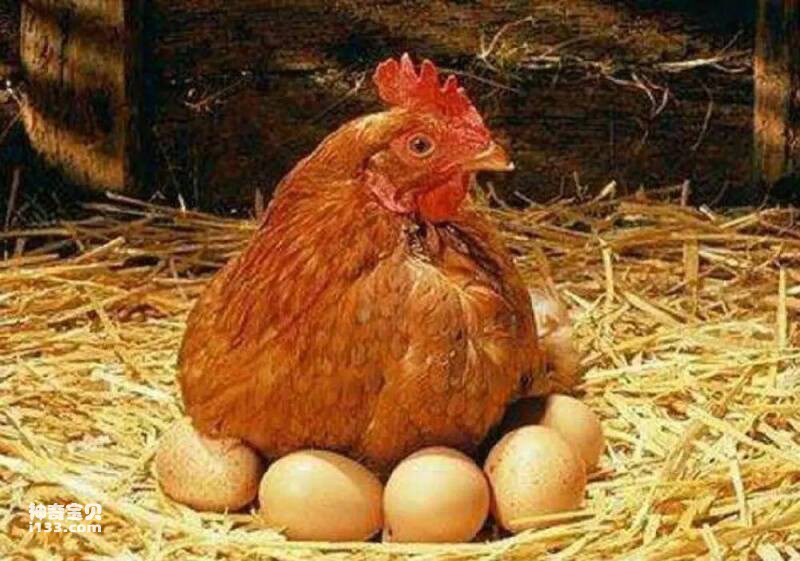
Conclusion
The crow of a hen is not an "ominous sign", but a normal biological reversal phenomenon. These feudal superstitions also stem from the lack of biological knowledge. But killing hens that don't lay eggs is indeed a way to maximize profits. Killing hens is also to eliminate hidden dangers in the chicken flock.
In a society governed by science and law, we need to rationally analyze some feudal superstitions, and we should strive to explore the scientific truth hidden behind them rather than spreading rumors.
animal tags:
We created this article in conjunction with AI technology, then made sure it was fact-checked and edited by a Animals Top editor.